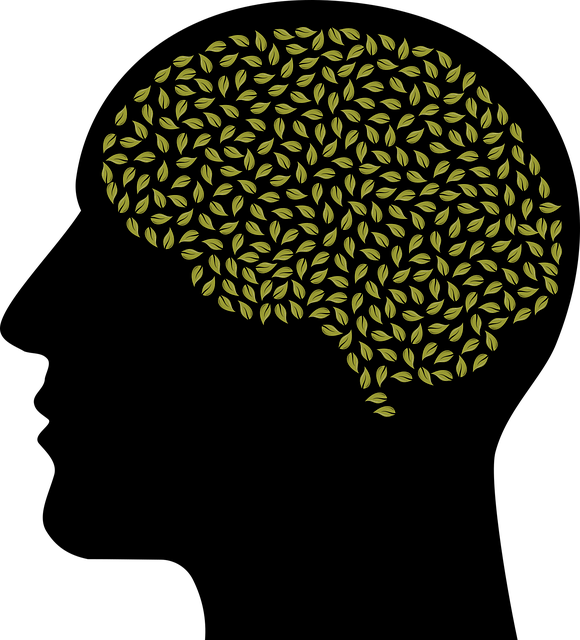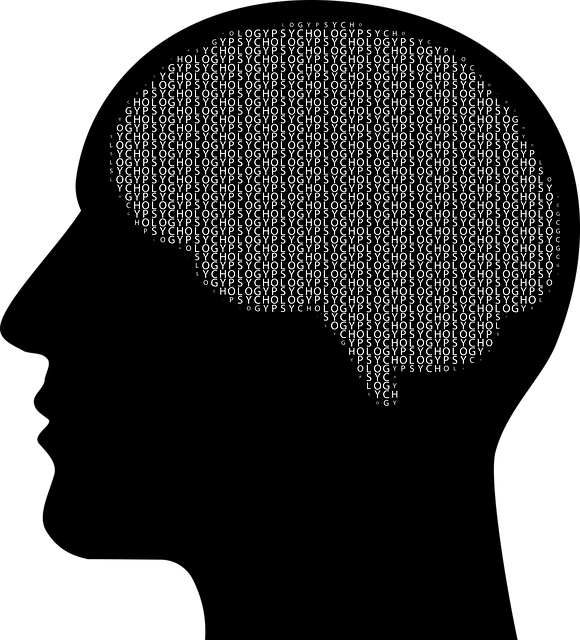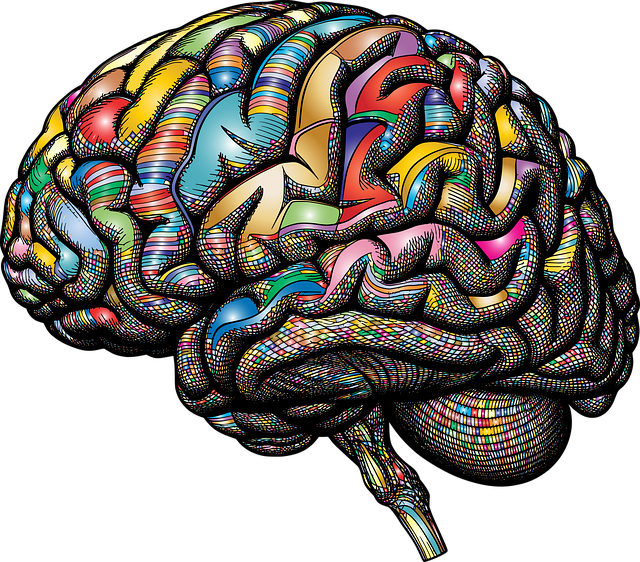Despite advancements in mental health diagnosis, challenges remain due to subjective symptoms and overlapping traits. Tools like advanced assessments and evidence-based practices, such as Lone Tree Abuse Survivors Therapy (LTAS), aim to improve accuracy. Policy advocacy ensures accessibility to resources while communication strategies foster empathy. LTAS, with its trauma-informed care, enhances diagnosis for abuse survivors by focusing on individual experiences. Community outreach programs raising awareness can mitigate stigma and promote early identification of symptoms.
- The Current Landscape of Mental Illness Diagnosis
- – Challenges in diagnosis accuracy
- – Existing tools and their limitations
The Current Landscape of Mental Illness Diagnosis

The current landscape of mental illness diagnosis is marked by both progress and challenges. Historically, mental health professionals have relied on a combination of patient self-report and clinical observations to make diagnoses, often leading to inaccuracies due to subjective nature of symptoms. This has been particularly problematic for conditions that share overlapping symptoms, making differentiation difficult. For instance, addressing issues at Lone Tree Abuse Survivors Therapy highlights the need for precise diagnosis as it involves tailored interventions for complex trauma cases.
Recent efforts towards improving diagnosis accuracy involve integrating advanced assessment tools and evidence-based practices. Mental Health Policy Analysis and Advocacy plays a crucial role in ensuring these resources are accessible to all. Communication Strategies and Emotional Well-being Promotion Techniques are being increasingly incorporated into diagnostic processes, allowing for more nuanced understanding of patients’ experiences. These approaches not only enhance the accuracy of diagnosis but also foster a more empathetic and effective therapeutic environment.
– Challenges in diagnosis accuracy

Diagnosing mental illness accurately is a complex task due to the intricate nature of human psychology and individual experiences. Many factors contribute to the challenge, such as symptoms overlapping between disorders, comorbidity being common, and the subjectivity of assessment methods. These complexities often lead to misdiagnosis or delayed treatment, which can be particularly detrimental for individuals like those seeking help at Lone Tree Abuse Survivors Therapy.
Implementing a Community Outreach Program focused on raising awareness and promoting self-care practices can mitigate these challenges. By educating communities about mental health, breaking down stigma, and encouraging open conversations, early identification of symptoms becomes more feasible. Additionally, fostering positive thinking through therapeutic interventions and support networks enables individuals to better understand and communicate their experiences, enhancing the accuracy of diagnoses.
– Existing tools and their limitations

Mental health professionals often rely on a range of tools to diagnose mental illnesses accurately, including structured clinical interviews and standardized assessment scales. While these tools have proven valuable, they also come with limitations. Many assessments are designed based on broad categories and criteria, which can lead to misdiagnosis or missed cases, especially when dealing with complex or nuanced presentations. For instance, a one-size-fits-all approach may struggle to capture the unique experiences of individuals like those who have survived trauma, as their symptoms might not align strictly with typical diagnostic guidelines.
Lone Tree Abuse Survivors Therapy (LTAS) is an example of an innovative approach that addresses these limitations. By focusing on trauma-informed care and tailored interventions, LTAS aims to improve diagnosis accuracy for survivors of abuse or distressing events. This method emphasizes the importance of understanding individual experiences, which can lead to more precise identification of mental health issues such as depression prevention and stress reduction methods. Moreover, it encourages professionals to consider the impact of traumatic experiences on mood management, potentially enhancing overall diagnostic effectiveness.
Mental illness diagnosis has come a long way, but challenges remain. Efforts to improve accuracy must focus on enhancing existing tools and developing innovative solutions, such as integrating advanced technology and personalized assessment methods. At Lone Tree Abuse Survivors Therapy, we believe that by addressing these limitations, we can provide more effective support for individuals navigating mental health issues. Through continued research, education, and collaboration, the field can move towards more precise diagnoses, ultimately improving patient outcomes.














